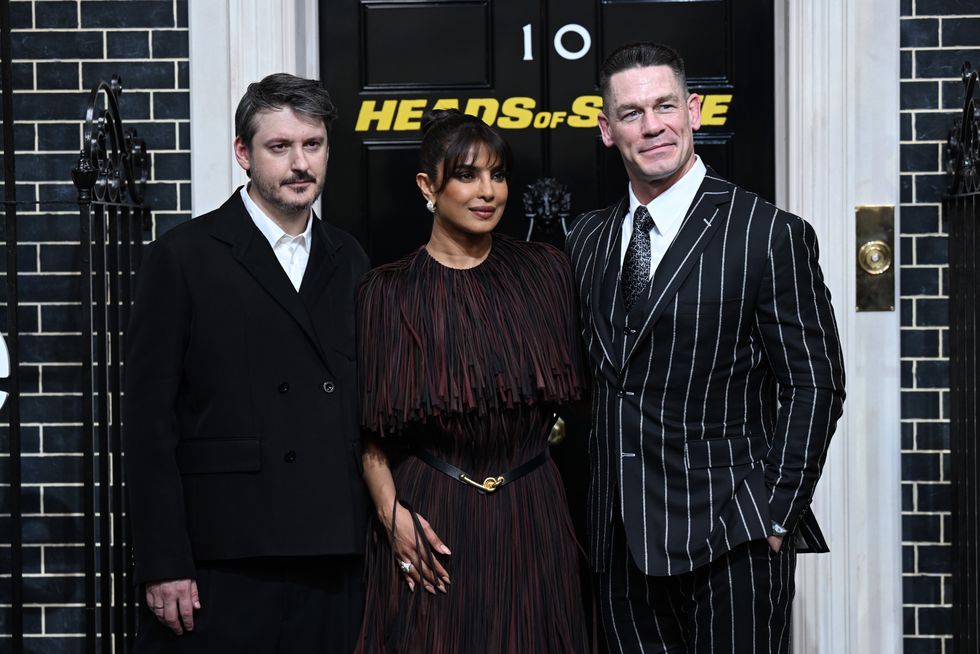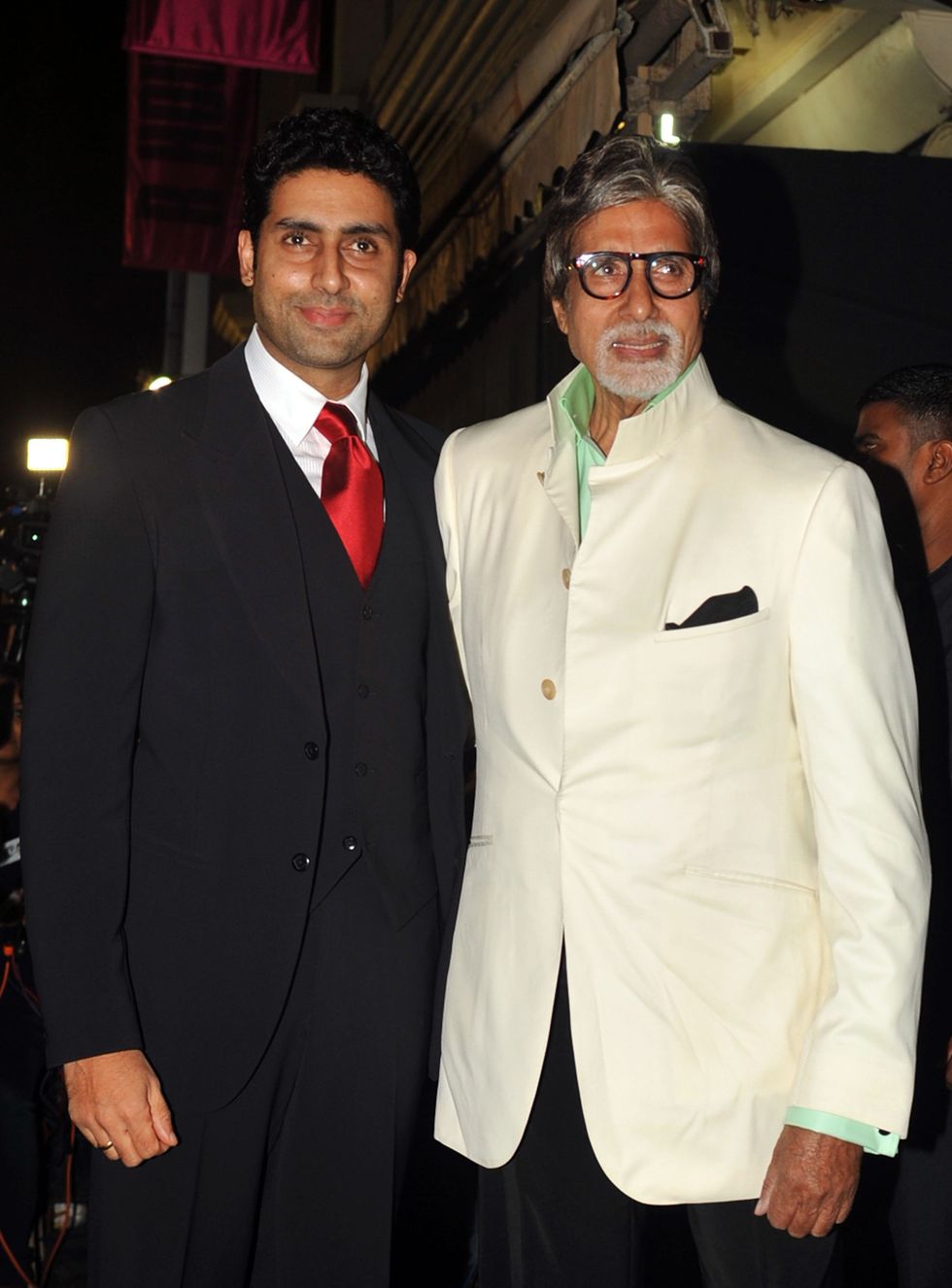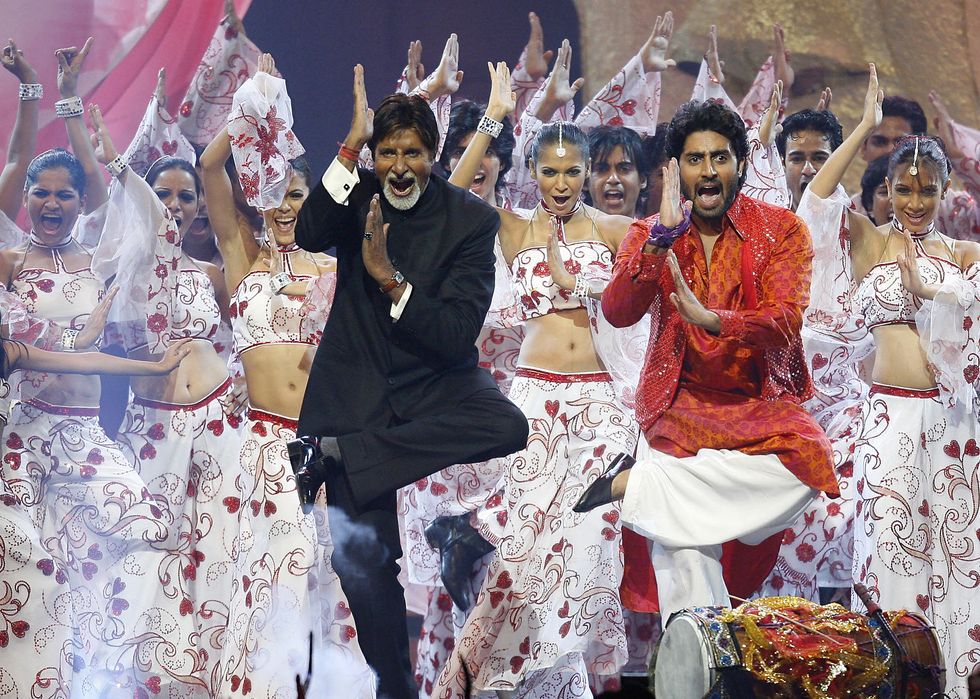The upcoming UK parliament is expected to mark a significant leap in diversity, with projections suggesting it to be the most diverse in history, British Future, a leading race, and diversity think tank forecast on Sunday (7).
However, the chance to bridge the gap in ethnic minority and gender representation to mirror society's diversity may be missed due to the stagnation in the selection rate.
Having chosen nearly nine-tenths of their candidates for winnable target constituencies and early retirement seats, the major parties are anticipated to witness an increase in the number of ethnic minority MPs from 65 to at least 75, possibly reaching up to 83, marking a first in the upcoming General Election.
This projected rise in ethnic minority representation, expected to elevate from 10% to approximately 12%, remains independent of the General Election's political outcome. It showcases a new cross-party standard of ethnic diversity within British politics, a press release by the think tank said.
There is an anticipation of a record-breaking number of women elected, particularly if the Labour Party succeeds in securing seats during the upcoming General Election. In the event of Labour securing an overall majority, the Commons is likely to witness over 250 women MPs, a notable increase from the 220 women elected in 2019.
In the scenario of Labour winning 326 seats—the slimmest majority possible—there is a projected count of 254 women MPs (39%) in the Commons. This figure could potentially surpass 40% with late selections or if Labour secures enough seats for a functional majority.
However, amidst this potential milestone, a significant opportunity for more profound change might be overlooked. The 2024 General Election is expected to usher in a significant transformation, being one of the three General Elections in the last fifty years to experience substantial turnover of MPs.
Currently, 84 MPs have announced that they will not stand again, with further retirements anticipated this year. There is also an expectation of a swing of votes and seats from the ruling party to opposition parties.
This high turnover of MPs carries the potential to expedite progress toward greater ethnic diversity and gender balance. Yet, this potential advancement might be diluted by a lower proportion of female and ethnic minority candidates being selected this time across most parties.
The selection rate of women has declined across the Conservative, Labour, and Lib Dem party selections in this parliament, with over six out of ten 'Class of 2024' candidates being male in all three parties.
Specifically, the Labour Party, known for its robust representation of ethnic minorities in the Commons, is currently selecting ethnic minority candidates at a much lower rate (12%) compared to the current Parliamentary Labour Party (20%).
Similarly, the Conservative rate of minority selection stands at 12% for new candidates, a notable increase from the 6% seen in the current group of MPs.
While much about the General Election, including its timing, potential further retirements of MPs, and the final outcome, remains uncertain, British Future indicates that there is adequate information available to generate initial demographic projections for the forthcoming House of Commons.
Sunder Katwala, Director of British Future, emphasised the need for accelerated progress in representation to align with the society's growing diversity and close the gender gap.
He said, “The next parliament will be the most diverse ever, reflecting a new norm across political parties. More ethnic minorities and more women are likely to sit in the Commons than ever before. Parliament is gradually catching up with the electorate that it represents.
“But this needs to accelerate further if it is to keep pace with the growing diversity of our society and close the gender gap. Despite progress, parties could miss a 2024 opportunity to surf the wave of a ‘big change’ election and bring new gains for representation.
“While the Labour Party is still well ahead of its rivals on gender and minority representation, advances could stall this time round. For the first time, the cohort of incoming Labour MPs could be less diverse than the current PLP.
“Parliament and political parties should collect data on ethnicity and social class, to track representation, identify gaps and ensure all groups are getting a fair chance.”
Jemima Olchawski, Chief Executive of the Fawcett Society, emphasised that Parliament has long struggled to catch up on diversity and hailed the likelihood of the upcoming parliament being the most diverse yet.
While acknowledging this achievement as the outcome of a hard-fought battle, Olchawski cautioned against complacency within political parties. She expressed concern over the declining selection rate of women across the Conservatives, Labour, and Lib Dems, noting this as a significant missed opportunity.
Olchawski urged all parties to intensify their efforts, accelerating the pace of change to ensure that their MPs authentically mirror the electorate they represent.
If the Labour Party secures an overall majority, projections indicate it will have a significantly higher count of ethnic minority MPs, potentially reaching 55, as opposed to approximately 21 within the Conservative ranks.
Presently, both Labour and the Liberal Democrats exhibit a higher female representation than male in the existing House of Commons.
However, the pace of progress might falter as the current selections to date suggest that six out of every ten new 'Class of 2024' Labour MPs (62%) and 68% of Lib Dem MPs are expected to be male.
Around 60 of the current 65 ethnic minority MPs appear poised to seek re-election. Most of these MPs, representing the major parties, hold secure seats, indicating a high likelihood of successful re-election.
Notably, only two Conservative ethnic minority MPs face substantial electoral risk in the event of a significant shift against their party: Darren Henry in Broxtowe, defending the Conservatives' 65th most marginal seat from Labour (majority 5,331, 10%), and Bim Alofami in Hitchin and Harpenden, 16th on the Lib Dem target list and the Conservatives' 81st defense seat (majority 6,895, 12%).
All incumbent Labour ethnic minority MPs standing for re-election are anticipated to retain their seats.
In the 2019 election, 66 ethnic minority MPs were elected to the Westminster parliament, marking a notable milestone as it was the first time that 10% of MPs hailed from an ethnic minority background.
Furthermore, with 37 ethnic minority women elected, the 2019 parliament made history by having ethnic minority women outnumber men for the first time. These achievements appear likely to be surpassed once again later this year.
















 Priyanka Chopra and Nick Jonas photographed at the Wimbledon 2025Getty Images
Priyanka Chopra and Nick Jonas photographed at the Wimbledon 2025Getty Images  John Cena, Shay Shariatzadeh, Priyanka Chopra and Nick Jonas at Wimbledon 2025Getty Images
John Cena, Shay Shariatzadeh, Priyanka Chopra and Nick Jonas at Wimbledon 2025Getty Images  Ilya Naishuller, Priyanka Chopra and John Cena attend the special screening for "Head of State" Getty Images
Ilya Naishuller, Priyanka Chopra and John Cena attend the special screening for "Head of State" Getty Images
 Abhishek Bachchan reveals Amitabh crushed him with brutal remark during Sarkar shootGetty Images
Abhishek Bachchan reveals Amitabh crushed him with brutal remark during Sarkar shootGetty Images  Amitabh Bachchan told me I cannot deliver dialogues Abhishek recalls painful Sarkar momentGetty Images
Amitabh Bachchan told me I cannot deliver dialogues Abhishek recalls painful Sarkar momentGetty Images Abhishek Bachchan opens up about working with Amitabh Bachchan on SarkarGetty Images
Abhishek Bachchan opens up about working with Amitabh Bachchan on SarkarGetty Images Abhishek Bachchan says Amitabh humiliated him after one line went wrong on Sarkar setGetty Images
Abhishek Bachchan says Amitabh humiliated him after one line went wrong on Sarkar setGetty Images  Abhishek Bachchan says Amitabh left him shaken after first scene together in Sarkar Getty Images
Abhishek Bachchan says Amitabh left him shaken after first scene together in Sarkar Getty Images 

